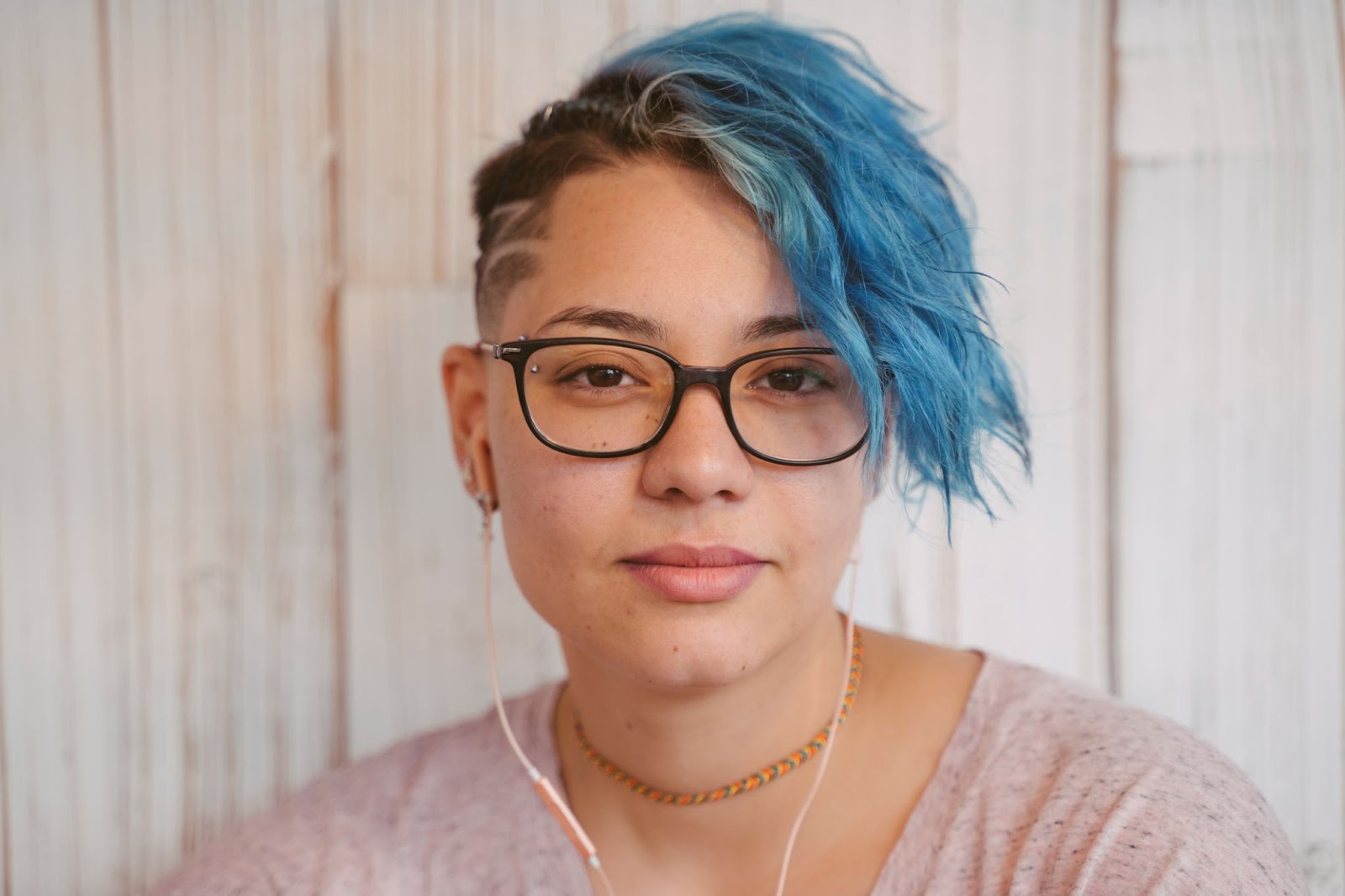
Teenagers experience major changes throughout adolescence. From applying to college to forming and losing relationships to hormonal and physical changes, it’s no surprise that some teenagers feel anxiety during this period of their lives. If you think your teenager is struggling with anxiety, read on to recognize the symptoms and identify options for treatment.
Recognize anxiety symptoms in teens
Anxiety comes in many shapes and sizes, which can make it harder to recognize when combined with the normal daily challenges of being a teenager.
Symptoms of a generalized anxiety disorder include:
- Excessive worry, in a manner disproportionate to the event causing anxiety
- Restlessness
- Zoning out
- Fatigue
- Irritability
- Trouble sleeping, including insomnia, restlessness or difficulty staying asleep
- Rapid breathing
- Sweating
- Feeling on-edge
- Agitation
- Muscle soreness and tenseness
Symptoms of obsessive-compulsive disorder include:
- Performing certain rituals or behaviors in the hopes of easing anxiety
- Catastrophizing
- Irrational fears
- Intrusive thoughts
Symptoms of a social anxiety disorder include:
- Avoidance of social situations
- Anxiety over upcoming events
- Worry over how they will be perceived by others in public
- Rapid heart rate, sweating and gastrointestinal distress in social settings
- Fear of embarrassment when with friends, family members of loved ones
The main indicators of panic disorder are panic attacks, of which symptoms include:
- Heart palpitations
- A feeling of impending doom
- Dizziness
- Numbness or tingling in arms and legs
- Shortness of breath or feelings of choking
- Sweating
- Shaking or trembling
- Chest pain
- Gastrointestinal distress
Your teenager may also have more general symptoms of anxiety that don’t, on the surface, seem to conform with an anxiety disorder. They may also demonstrate a combination of symptoms from various anxiety disorders.
Additional symptoms of anxiety your teen may experience include:
- Declining performance in school
- Avoidance of school, extracurricular activities, or spending time with friends
- Difficulty concentrating
- Unexplained outbursts
- Obsessive thoughts, such as replaying past events over in their head
A mental health professional is the best person to evaluate the totality of your teenager’s symptoms, diagnose them with an anxiety disorder if appropriate and work with them to develop a treatment plan.
Learn how to address teenage anxiety in a way that works for your family
Teen anxiety can, in part, be managed at home. Your environment at home can play a role in how your teenager experiences and copes with their anxiety. Let’s say that your teenager is feeling anxiety specifically related to their school performance; they may feel pressure to get the best grades, be at the top of their class, and take the most difficult course load. You can help ease your teenager’s anxiety by refraining from adding external pressure about their school performance.
If your teenager is excessively worried about an upcoming test, remind them that this one test is not the end-all-be-all of their high school career. Reassure your teenager that they are intelligent, capable, and worthy regardless of their standing in the class. You can encourage your teen to perform to the best of their ability without forcing them, chastising them or punishing them.
Consider professional treatment options for your teen’s anxiety
Therapy is a widely accepted, effective treatment modality for teen anxiety. There are many different types of therapy used to treat anxiety, including cognitive behavioral therapy, psychotherapy, family therapy, group therapy and interpersonal therapy. If your teen has been diagnosed with an anxiety disorder and is interested in treating it through therapy, work with them and their mental health counselor to determine which form of therapy is best for them.
Depending on the severity of the anxiety – that is, depending on how badly the anxiety is interfering with daily life – some mental health practitioners may recommend anxiety medication for teens. Be aware that some anti-anxiety medications, like benzodiazepines, can be highly addictive. If your teen is prescribed benzodiazepines to help manage their anxiety symptoms, make sure that they are only taking their prescribed dose as intended and that they regularly attend medication management sessions with their psychiatrist.
High Focus Centers is dedicated to providing customized mental health treatments plans for teen anxiety and depression, both in person and through teletherapy. Reach out today at (877) 716-7090 to learn more about your options for teletherapy-based mental health treatment for your teenager.
Recent Posts
- How Mood Stabilizers Work to Restore Emotional Balance
- Trauma-Informed Approaches in Therapy: Why Understanding Trauma is Essential for Healing
- Using Art as a Voice: Exploring the Therapeutic Benefits of Creativity
- What is Xylazine?
- How Overcoming Roadblocks is Crucial to Recovery – And How Your Treatment Center Can Help




